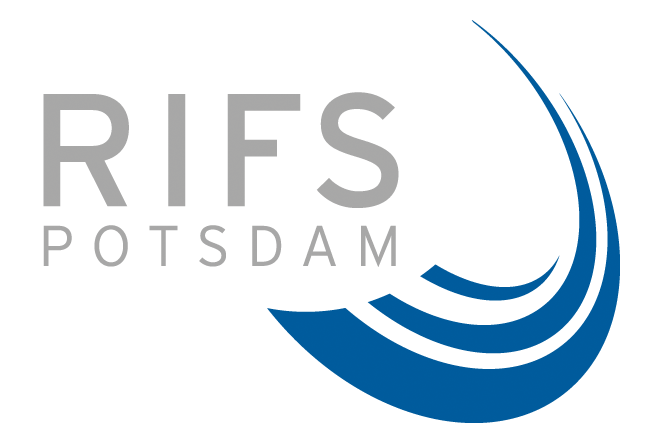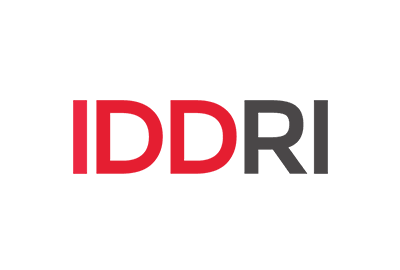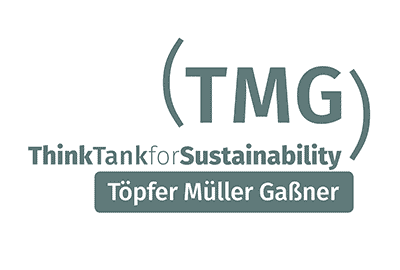Informed decision-making is a prerequisite for tackling the complex threats to the ocean. In that context, target SDG 14.a calls for an increase of scientific knowledge and the development of research capacities. There is a clear need to bridge gaps between science, policy and society to ensure that decisions and strategies are based on best available knowledge and reliable data. A growing number of promising initiatives address this need by fostering a more dynamic science-policy-society interface, ranging from formal to informal interactions, and the integration of different types of knowledge and knowledge holders.
Theme 3 offered an exchange on how to generate policy-relevant scientific information and knowledge in collaboration with various actors. Sessions analysed existing regional collaborations between science organisations and decision-making bodies, considered the challenges of integrating different types of knowledge, and explored the potential of ongoing global science processes and assessments, such as the UN Decade of Ocean Science for Sustainable Development and the World Ocean Assessment. Furthermore, an artistic intervention presented during the Marine Region Forum’s evening reception and a special panel session explored the relationship between the ocean and the public, and the role of arts in building ocean literacy and stewardship with the next generation.
- Topic 3.1 Stronger together: Enhancing regional science-policy-society practices
- The objective of this topic was to explore how the science-policy-society interface is currently organized and reflect on how suitable structures for enhanced exchange can be developed at the regional level. Sharing varied experiences from different marine regions, practical guidance was developed for the advancement of good practices and the integration of different types of knowledge.
- Topic 3.2 Strengthening global science-policy processes to support regional ocean governanc
- Ambitious global science processes are putting ocean science high on the international agenda. The UN Decade of Ocean Science for Sustainable Development (2021-2030) aims to catalyse international science cooperation and capacity development, while the second cycle of the UN Regular Process (2016-2020) is set to deliver a comprehensive assessment of the state of the marine environment. Such efforts could revolutionise the available knowledge base, providing the data, technology and cooperation needed for informed decision making and good governance.
This topic explored the current state-of-play of these initiatives, identified possible contributions for regional actors, and considered how such processes can best support the work of regional institutions.
- Ambitious global science processes are putting ocean science high on the international agenda. The UN Decade of Ocean Science for Sustainable Development (2021-2030) aims to catalyse international science cooperation and capacity development, while the second cycle of the UN Regular Process (2016-2020) is set to deliver a comprehensive assessment of the state of the marine environment. Such efforts could revolutionise the available knowledge base, providing the data, technology and cooperation needed for informed decision making and good governance.
- Topic 3.3 Engaging with the next generation: Arts for ocean literacy and stewardship
- This topic was built on the WE ARE OCEAN project, an interdisciplinary art project which brings together artists, school students and teachers, ocean experts and policy makers, art collectors and curators in order to raise awareness and engage in dialogue about the state of the ocean and the role humans play in its current and future state. Through artistic intervention with the Marine Regions Forum’s participants during the evening reception and in an open panel discussion, school students together with artists and ocean experts explored how arts can help to mobilize the public for ocean action.


